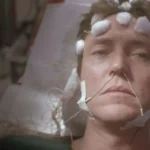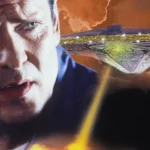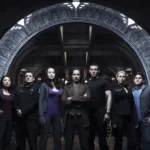The best SCIENCE FICTION movies about TIME TRAVEL
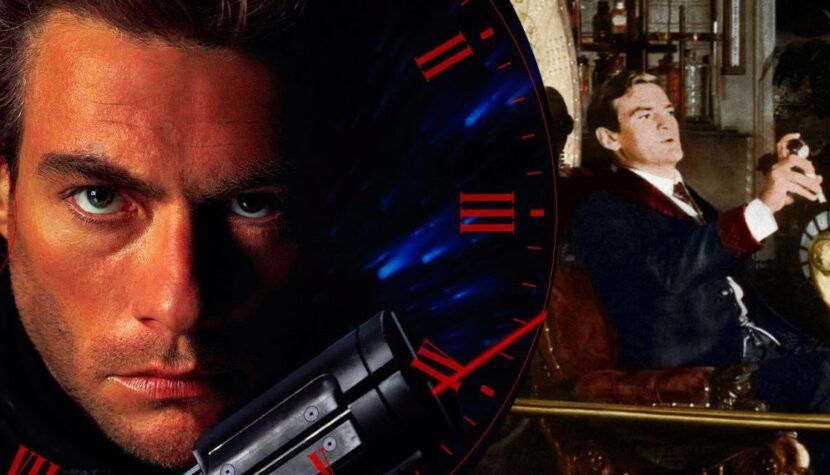
Time is a relative concept, even in cinema. Our perspective on how life flows depends on the timeline we find ourselves in. This idea is reflected in cinema because how we interpret time depends on which time travel films leave the greatest impression on us. Whether the constructions of cinematic time machines align with science or lean more toward the loose rules of entertainment, time and its traversal make for a particularly compelling theme in cinema, spanning all the way back to its origins. Here are a few examples of particularly interesting approaches to the subject. Please note that this list contains spoilers and is not exhaustive in its exploration of the topic.
Time Machine
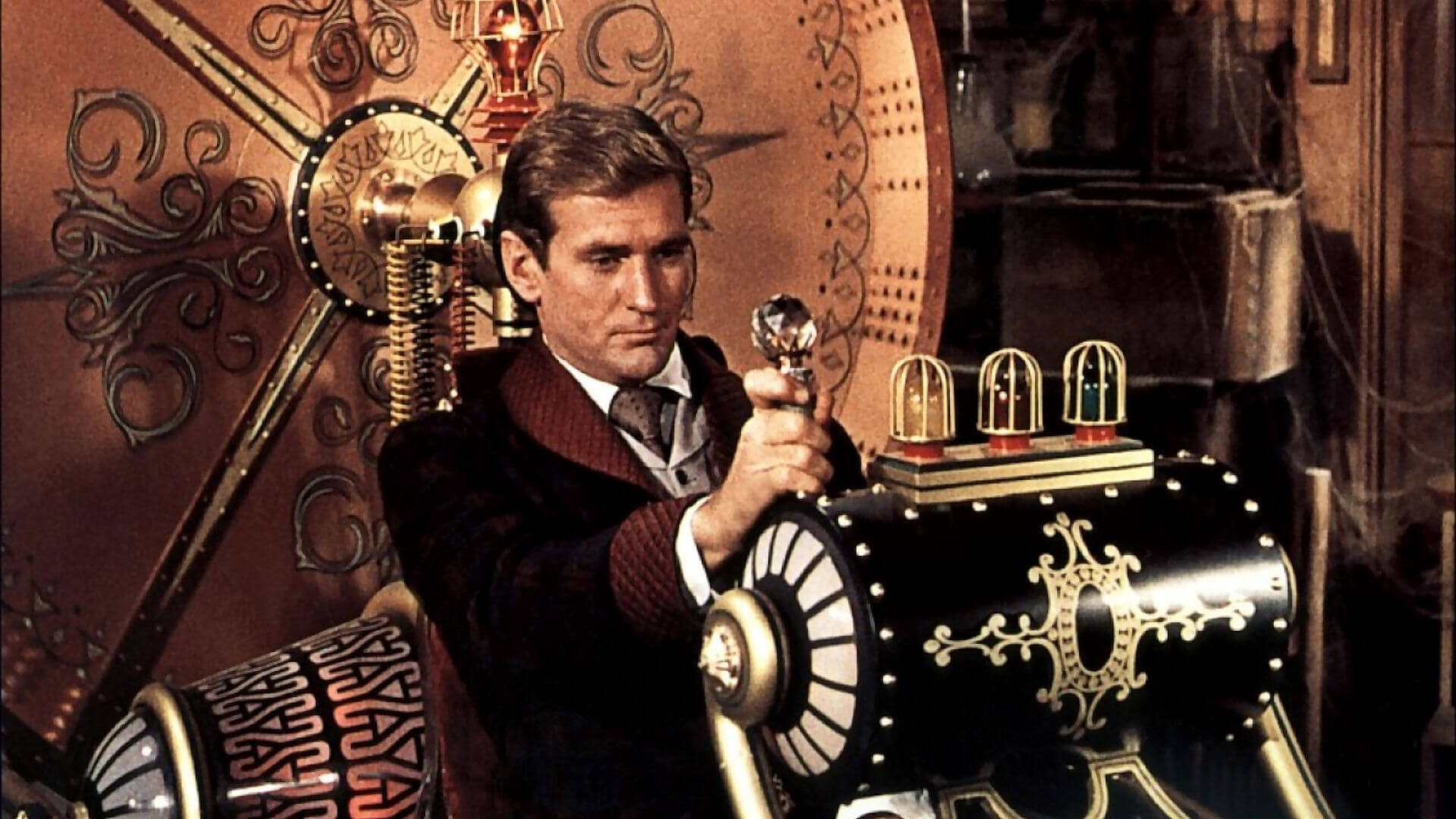
Every story has its beginning, and I won’t be very original by saying that even though time travel experiments may have occurred earlier, the starting point for filmmakers will always be the 1960 film. A classic film based on a classic novel. H.G. Wells opened the canon of literary time travel at the end of the 19th century, fueling the imagination and vividly (or perhaps prophetically) portraying the future of human civilization. While the Morlocks may look somewhat kitschy today, aren’t they a somewhat grotesque foreshadowing of humanity’s helplessness in the face of controlling artificial intelligence? This adaptation, guided by George Pal, is distinguished by decent, charismatic acting, a faithfully recreated Victorian atmosphere, and surprisingly well-executed scenes involving the titular time machine – it even won an Oscar for special effects.
Related:
Primer
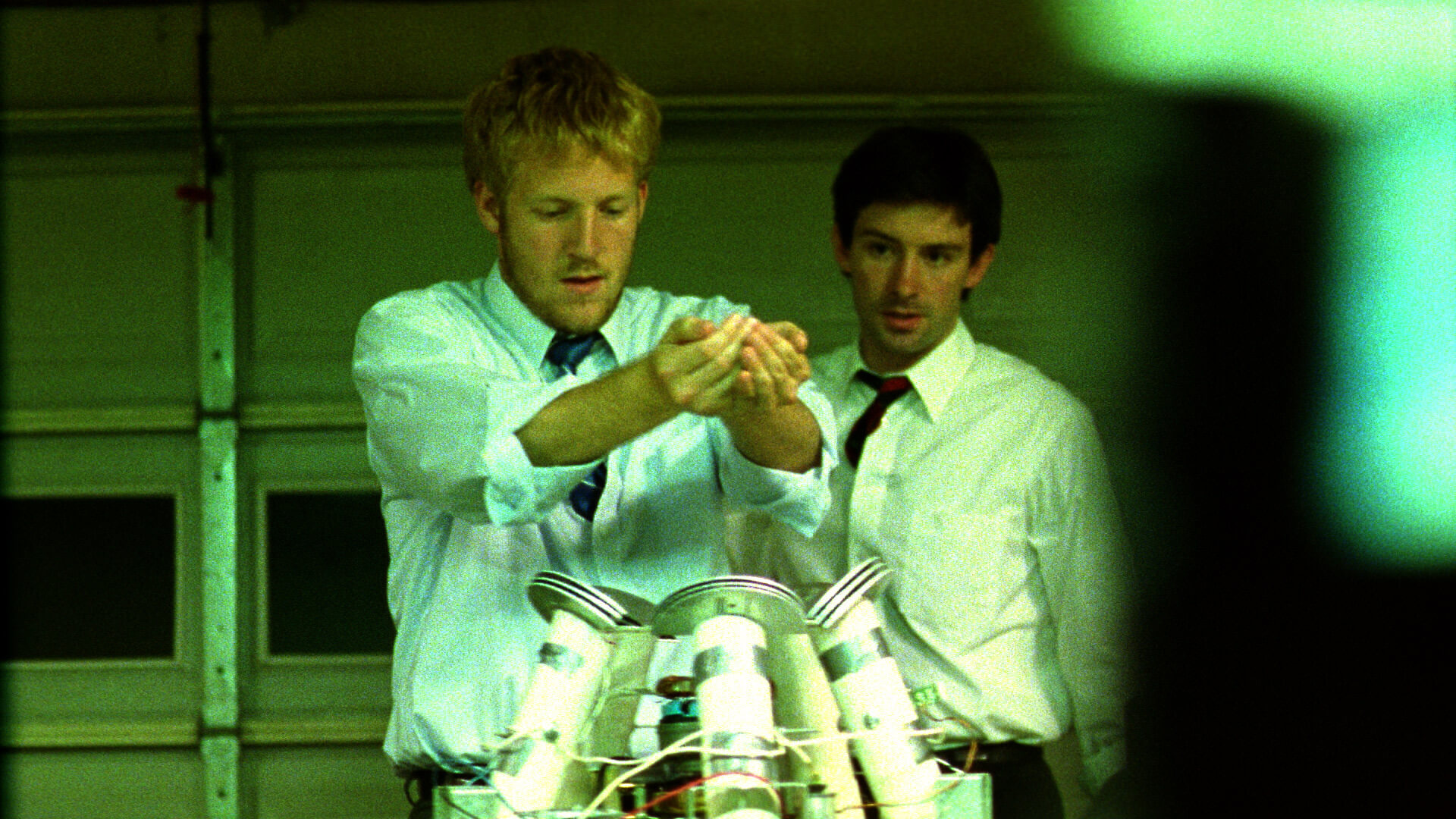
During a screening of Primer you constantly feel like you’re dealing with something extraordinary yet incomprehensible. It’s a bit like that physics class that was torture for humanities students, even if you knew that fundamental concepts were being discussed. Primer, released in 2009, is, in my opinion, an example of solid work, especially in terms of supporting the script with scientific background. It’s hard science fiction, which hardcore fans love the most, and it’s done on a low budget. However, without a handbook of relativity theory kept at the ready during the film, it can be difficult to digest. But even if you fall into the trap of the creators’ excessive meticulousness and a lack of transparency in the narrative, it’s definitely worth experiencing the film for yourself to understand what it means to talk about time travel seriously.
Back To the Future
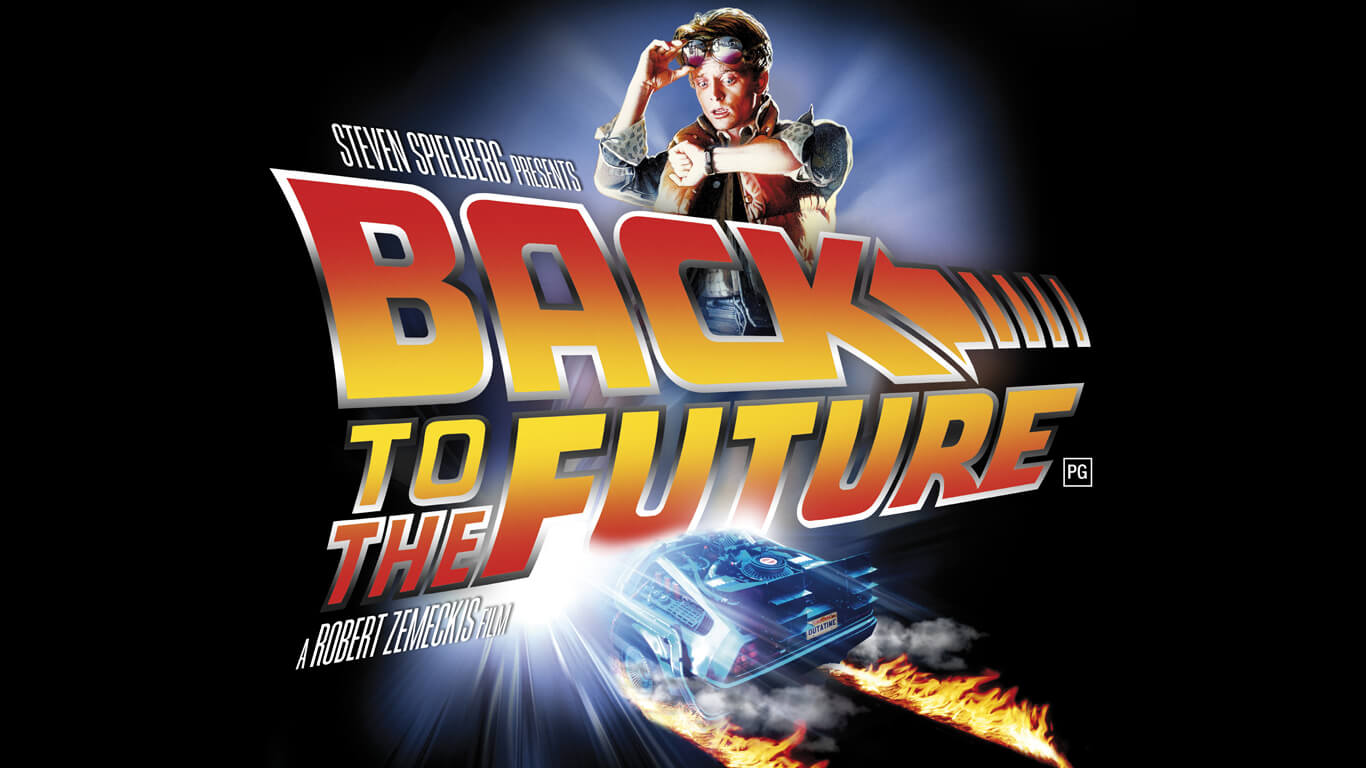
Time travel for casual viewers. Perhaps that’s why Robert Zemeckis’ film managed to capture our imagination so strongly because it conveyed something that is fascinating yet creates many cognitive doubts in an easy and accessible way. Zemeckis simplified the theme, reducing time to a level where things related to tomorrow depend on what happened yesterday. All of this is energetically explained in one scene by a certain doctor who doesn’t accidentally look like Albert Einstein himself. Back to the Future is an attempt to familiarize with space-time theories and play with their messages. It’s a bit like a parable about the consequences of our actions. It’s hard to find a better example of applying the rules of entertainment cinema to the topic of time. The youthful feeling, smooth action, and exceptional acting all play their part.
Timecop

In the time trap, JCVD, or Jean-Claude Van Damme, once found himself. You won’t find his famous low blows here because, contrary to appearances, it’s a very honest project, honest in the sense that it delivers exactly what it represents, without striving for high quality. Timecop is an action movie based on a very simple idea, supported by the backdrop of science fiction, in which the main character, as the title suggests, is a time cop, a member of a specially appointed agency. Of course, during the action, the dirty laundry comes out, which JCVD must clean up because it turns out that someone is using the ability to time travel to raise funds for a political campaign. The film’s honesty lies in the fact that even if it winks at us with its somewhat loose approach to the logic of the events presented, it still remains true to the convention, not standing out below or above average.
Time After Time
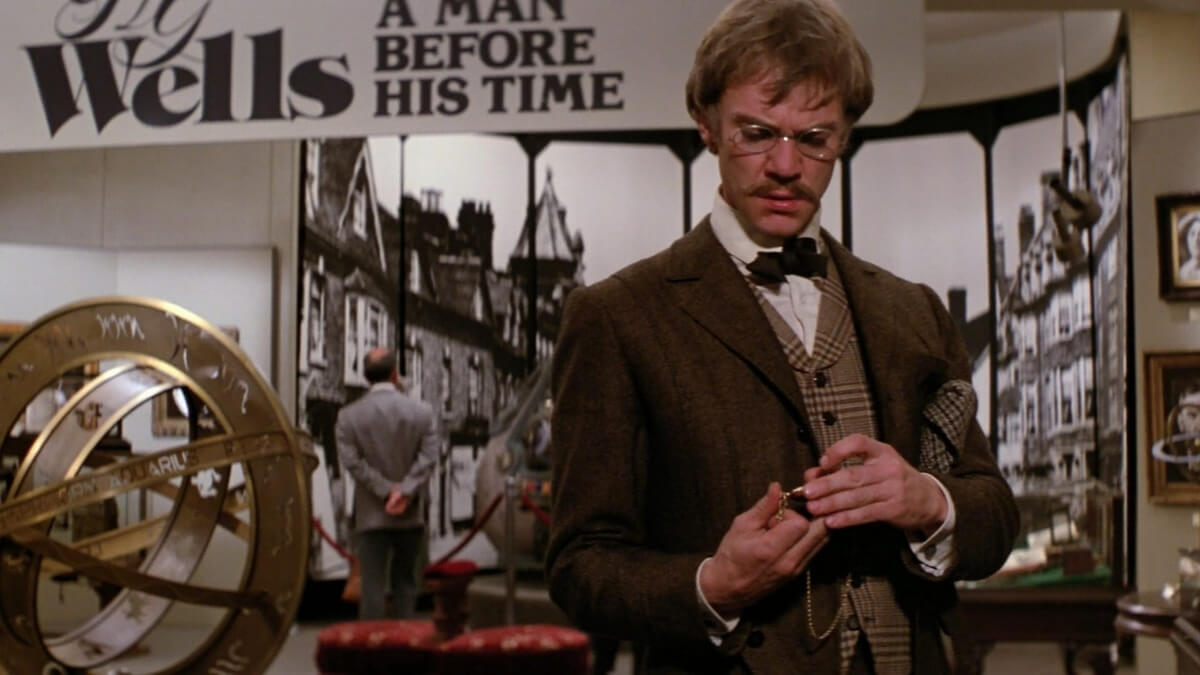 Nicholas Meyer‘s film is based on a very intriguing idea. We meet the creator of the literary concept of a time machine, H.G. Wells himself (mentioned elsewhere in this compilation). The role of the writer and inventor is played by, perhaps surprisingly, Malcolm McDowell. Surprising because in the same film, there was also a role to cast as a serial killer, Jack the Ripper, and McDowell, known for his on-screen villainous characters, chose the “warmer” role, which is a very unusual combination. In the movie, we are transported to the 19th century and see how Wells not only invents the time machine but boldly puts his idea into practice. He shares his invention with a group of trusted scientists, but fate has it that one of them becomes the story’s antagonist. The machine is stolen, and the murderer travels to the future, to the year 1979, with his nefarious intentions. What happens next? Wells pursues the intruder, all the while observing social changes and falling in love with a bank clerk. The romance subplot clearly dilutes the story, but Time After Time remains one of the more interesting time travel films, especially among those involving Jack the Ripper.
Nicholas Meyer‘s film is based on a very intriguing idea. We meet the creator of the literary concept of a time machine, H.G. Wells himself (mentioned elsewhere in this compilation). The role of the writer and inventor is played by, perhaps surprisingly, Malcolm McDowell. Surprising because in the same film, there was also a role to cast as a serial killer, Jack the Ripper, and McDowell, known for his on-screen villainous characters, chose the “warmer” role, which is a very unusual combination. In the movie, we are transported to the 19th century and see how Wells not only invents the time machine but boldly puts his idea into practice. He shares his invention with a group of trusted scientists, but fate has it that one of them becomes the story’s antagonist. The machine is stolen, and the murderer travels to the future, to the year 1979, with his nefarious intentions. What happens next? Wells pursues the intruder, all the while observing social changes and falling in love with a bank clerk. The romance subplot clearly dilutes the story, but Time After Time remains one of the more interesting time travel films, especially among those involving Jack the Ripper.
Planet of the Apes
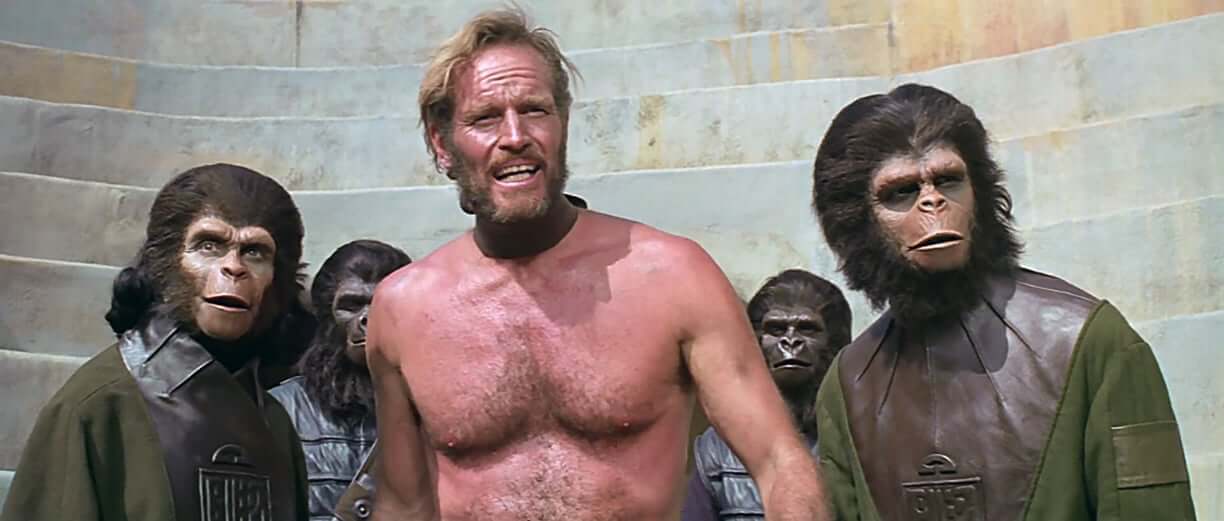
I understand that including Planet of the Apes in this list is a bit like including Psycho among films featuring the most interesting mother-murderers. Those who have seen it know that the film’s presence is justified by its surprising plot twist, which occurs at the end of the movie. In fact, I would go further and say that this ending is essential to understanding the story and, in my opinion, is the key factor that makes this film timeless. It clearly conveys that the radical social and evolutionary changes depicted in the protagonist’s location did not happen “somewhere else” but “here,” with the only difference being that they occurred not “now” but “later.” In short, it suggests that human civilization, in its current form, will collapse, just like the Statue of Liberty, which symbolizes it. And to realize this, we don’t need to explore space; we just need to travel through it at a sufficiently high speed. Time may be forgiving to those traveling in the spaceship, but it’s a different story for those left behind. The year 1968 and how brilliantly the film utilizes what Einstein discovered years earlier.
The Final Countdown
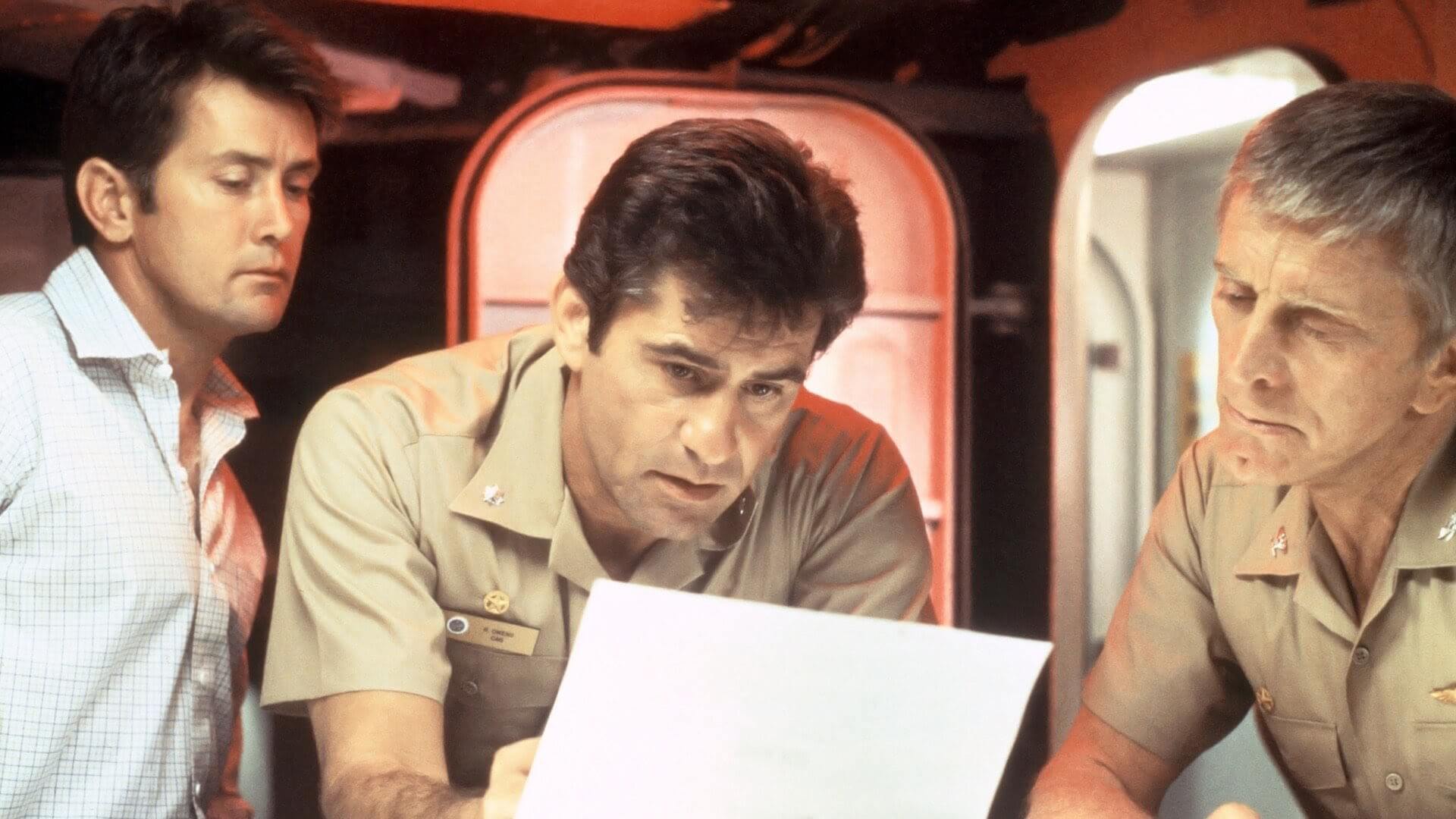
One of several science fiction films featuring Kirk Douglas, made after 20,000 Leagues Under the Sea and before Saturn 3. The plot is based on a concept that seems very interesting from a philosophical perspective. The eternal dilemma is whether changing historical events from the past (let’s add, tragic ones) will significantly affect the shape of civilization in the future. This dilemma weighs heavily on the film’s main character, a captain of a warship who travels back in time to World War II. He is unsure how his decision to launch missiles and prevent the attack on Pearl Harbor will impact the course of history. The film shows budgetary constraints, as most of the action is depicted from the perspective of the ship, which means the set designers didn’t have to worry too much about capturing the spirit of the 1940s. However, the film keeps you in suspense, making it worth the slightly over one and a half hours of your time. The Philadelphia Experiment, made in a very similar spirit, is also worth mentioning in this context.
12 Monkeys
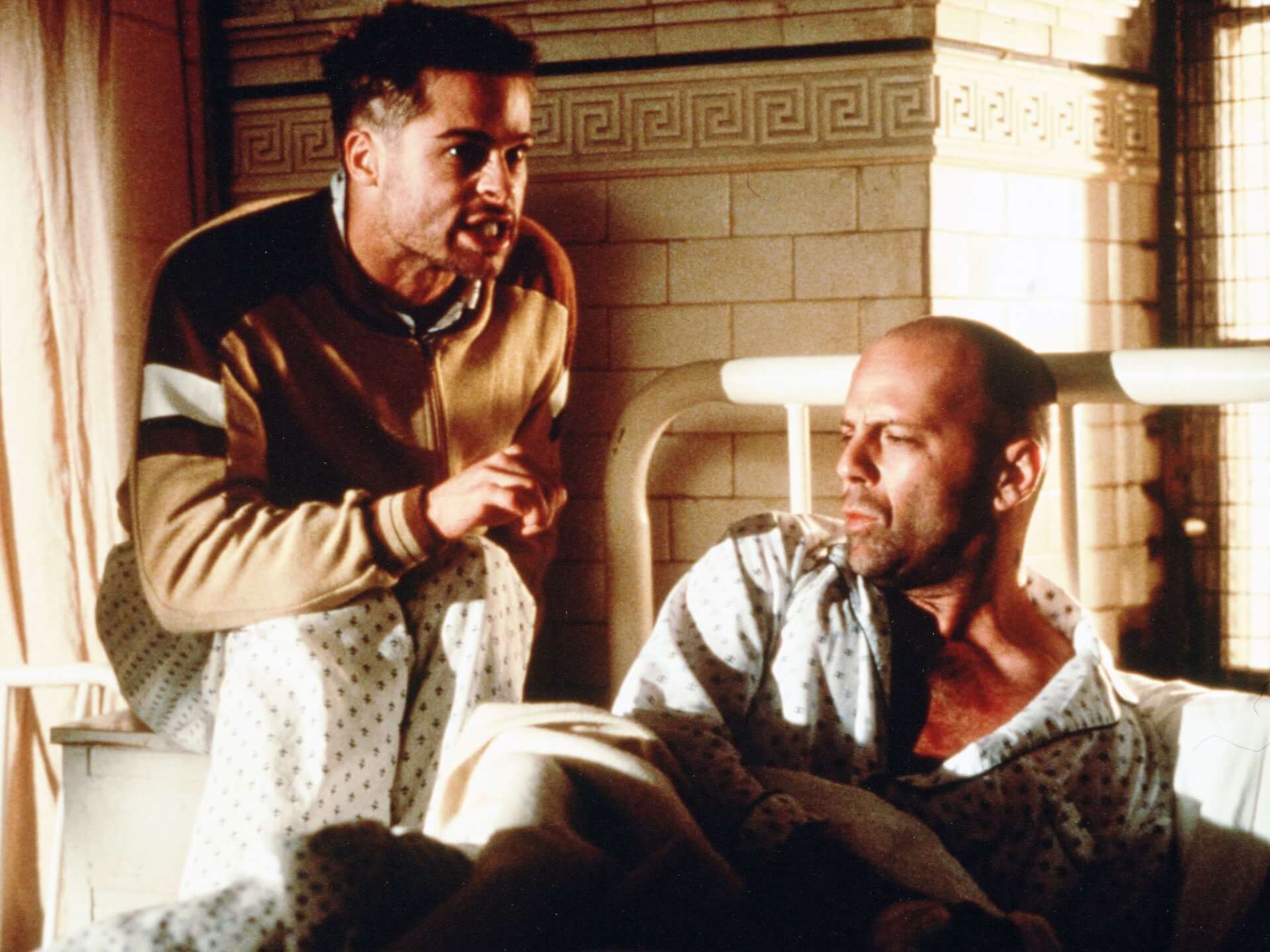
Terry Gilliam delved into time-related themes in Time Bandits. However, it’s challenging to categorize this film as science fiction. Twelve Monkeys, on the other hand, is a different story, balancing between time travel themes and post-apocalyptic fantasy. Bruce Willis portrays the main character, a prisoner sent back in time to prevent a dangerous epidemic. The responsibility of altering humanity’s bleak fate isn’t easy, especially when a mysterious organization, the titular Twelve Monkeys, complicates the task. Terry Gilliam is known for the satirical and metaphorical elements in his films. Twelve Monkeys is no exception—it’s a film that shouldn’t be taken literally but works better as an enigmatic puzzle that invites multiple viewings and encourages viewers to piece together the narrative according to their own interpretations. This flexibility, however, has polarized opinions about the film over the years. It’s worth mentioning and promoting the fact that Twelve Monkeys was based on the French short film La Jetée from 1962.
Star Trek IV: The Voyage Home
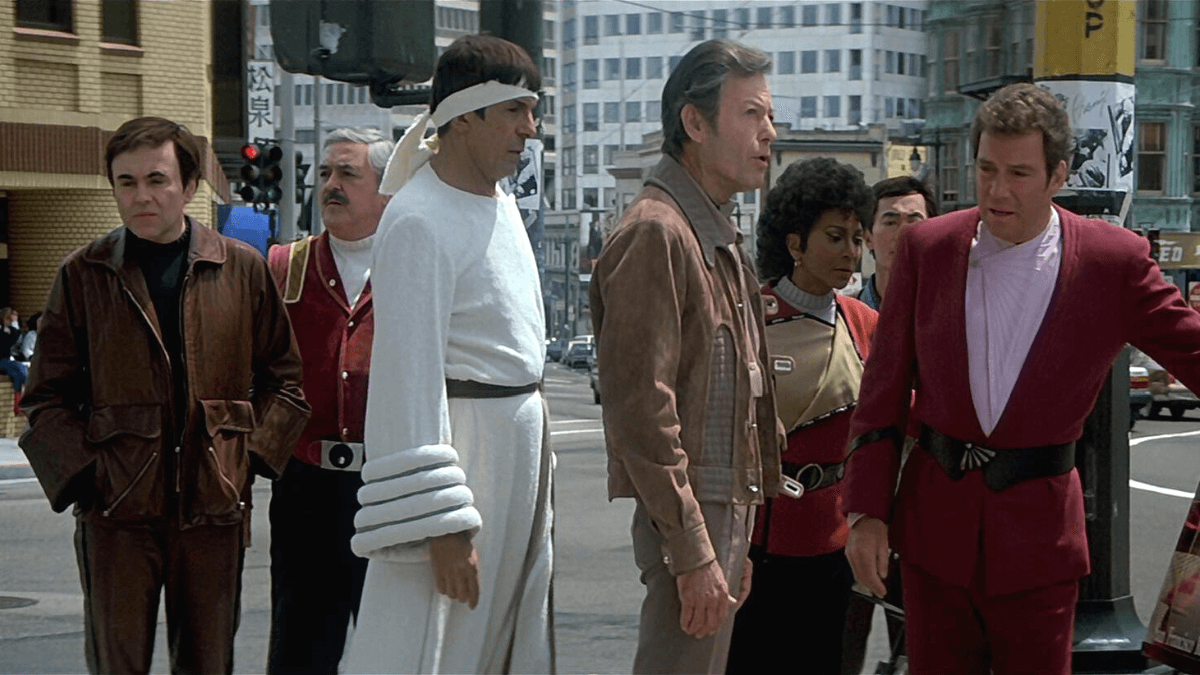
Nicholas Meyer strikes again, this time with Star Trek IV: The Voyage Home. Among the numerous cinematic adventures of the Enterprise crew, this film stands out as one of the most original takes on interstellar travel, at least in my opinion and likely for many fans as well. However, is it one of the best entries in the series? Well, I personally prefer to stand among the fans of The Wrath of Khan. The Voyage Home suffers from a noticeable loosening of the scientific contexts that the series is known for. Instead, it replaces them with unexpected comic relief and, generally speaking, a humoristic approach to the subject matter. For a significant portion of the film, the starship crew appears bewildered by the customs of contemporary Earth people. If you can embrace this convention, appreciate the freshness of this installment, and the clear nod-and-wink style, The Voyage Home can provide a great deal of satisfaction. The creators seem to have reached a valid conclusion that, among all the stories told in this universe, from all the planets and corners of the cosmos they’ve visited, a confrontation with Earth can be just as compelling. Earth, in many ways, remains an exotic place to live, provided you look at it from the right perspective. This theme has been explored multiple times in later TV series and possibly before that, but I cannot be certain.
Looper
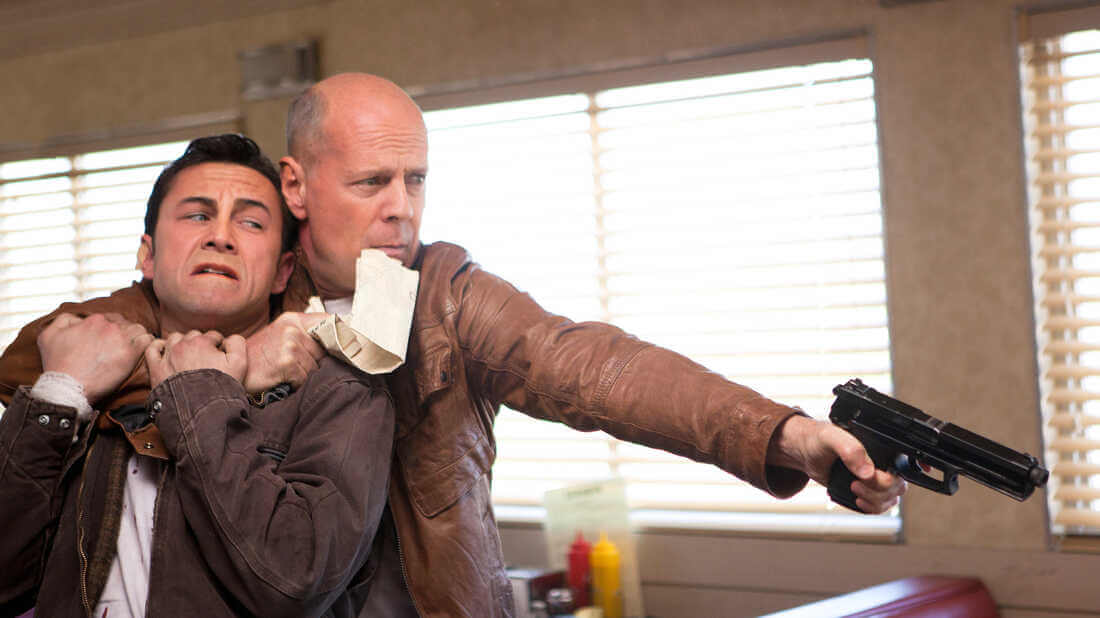
Rian Johnson must have done something to earn the privilege of leading one of the Star Wars movies. Looper significantly widened the doors of his career, making his name highly regarded in Hollywood. Although I’m not a huge fan of Looper myself, as I find it overly flashy, it’s essential to appreciate its execution and its daring presentation of a concept that ultimately triumphs over logic (even though logic occasionally floors it).
The story is intriguing as it involves a character chasing his future self. If the film were made today, I would bet they’d use digital effects to allow Bruce Willis to play the full range of his role without the need for Joseph Gordon-Levitt. The effect was so appealing and grand that the time travel concept, albeit slightly modified, made a return in subsequent films like Predestination with Ethan Hawke, Edge of Tomorrow with Tom Cruise, earlier in Source Code with Jake Gyllenhaal, and finally in the highly acclaimed video game Deathloop, which is clearly inspired by Johnson’s film.


